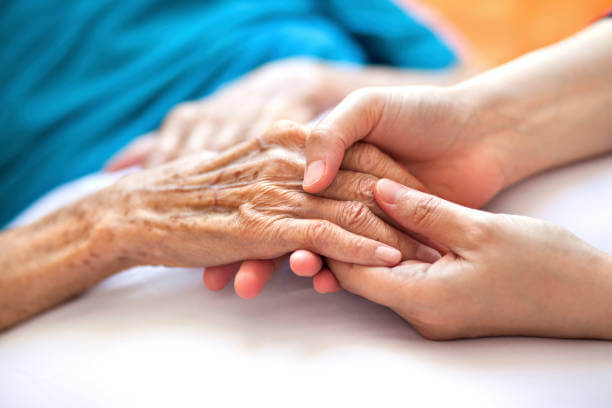Elder abuse can take many forms. Caregiverlist’s own basic caregiver training helps caregivers recognize abuse and neglect, and learn the legal requirements for reporting physical, emotional, sexual and financial abuse.
Financial abuse of the elderly is a racket that takes in nearly $3 billion dollars every year and that figure rises annually. Because seniors are especially susceptible to scams and frauds, the the U.S. Department of Justice (DOJ) has recently launched the Elder Justice website.
At an outreach event earlier this week, Associate Attorney General Tony West stated, “The launch of the Elder Justice website today marks another milestone in reaching our shared goal of keeping older Americans safe from abuse and neglect.” He added, “The more we embrace our elders with respect and care, the stronger our society will be. This tool helps move us closer to that goal.”
The Elder Justice website will serve as a resource victims of elder abuse and their families, who often feel alone, embarrassed, and unsure of where to turn for help. Prosecutors, researchers, and professional practitioners who work with elder abuse will find a forum to share information and resources to fight elder abuse, scams, and financial exploitation in an effort to support older adults.
Nearly one in every 10 Americans over age 60 experience abuse and neglect, and those with dementia are at higher risk for abuse. Most (51%) of elderly fraud is perpetrated by strangers, although abuse by family, friends, and neighbors comes in second at 34%. Elder mistreatment by a known individual is especially prevalent because seniors are vulnerable and trusting in relationships with their families and caregivers.
There are two steps the DOJ along with the Department of Health and Human Services suggest communities, families, and individuals take in combating the epidemic of senior abuse:
- Learn the signs of elder abuse. Take a look at the Red Flags of Abuse Factsheet, provided by the National Center on Elder Abuse, that lists the signs of and risk factors for abuse and neglect.
- Report suspected abuse when you see it. Contact your local adult protective services agency. And, of course, make use of the new Elder Justice website.
Do you have an issue you’d like to see tackled on this blog? Connect with Renata on Google+







